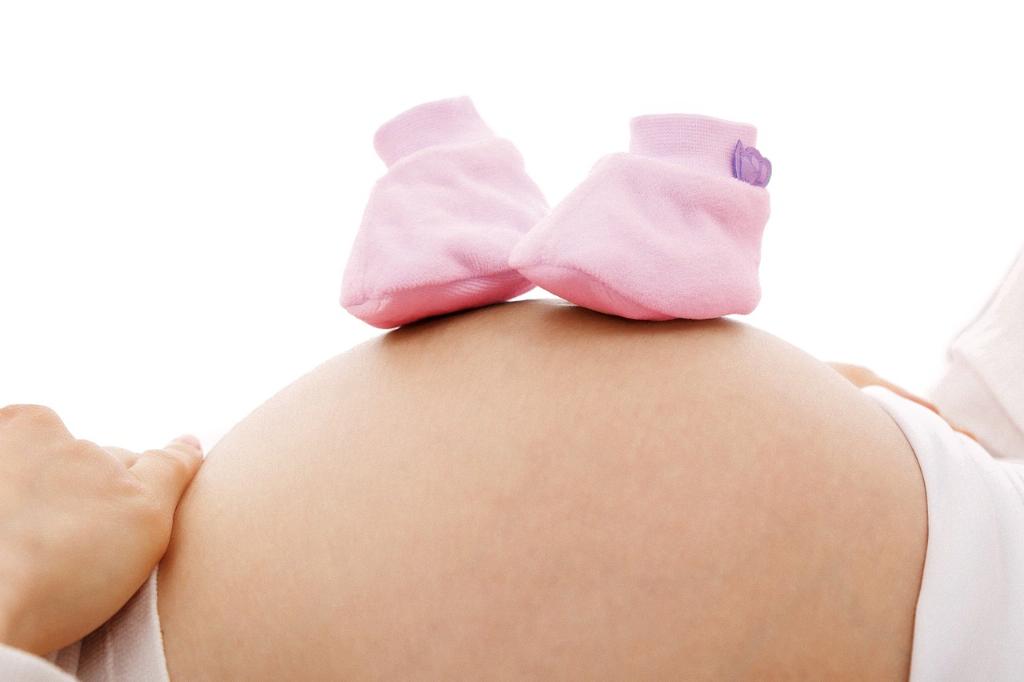Tracking your cycle and understanding your body’s signs and signals can be crucial when trying to conceive. One common term you may come across is DPO, which stands for Days Past Ovulation. This number indicates how many days have passed since ovulation occurred, which is typically around the midpoint of your menstrual cycle.
12 DPO: A Key Milestone
When you reach 12 DPO, you are at a crucial juncture in your cycle. This is often considered the prime time to start looking out for early pregnancy symptoms and potentially getting a positive result on a pregnancy test. Keep in mind that each woman’s body is unique, so the timing can vary.
Potential for Positive Results
At 12 DPO, many women may start to experience symptoms such as slight cramping, breast tenderness, or fatigue. These can be early signs of pregnancy, prompting them to take a pregnancy test. While some women may get a positive result at this stage, others may need to wait a bit longer for accurate results.
Managing Expectations
It’s essential to manage your expectations when it comes to taking a pregnancy test. While 12 DPO can be a significant milestone, it’s crucial to remember that the timing of when you ovulated, implantation occurred, and hormone levels rise can all impact the accuracy of the test result.
Timing is Key
The best time to take a pregnancy test is on the day of or a few days after you miss your period. This timing provides a higher likelihood of accurate results, as your body has had time to produce enough hCG (human chorionic gonadotropin) for the test to detect.
Importance of Patience
While waiting for the right time to take a pregnancy test can be nerve-wracking, patience is key. Rushing to test too early can result in false negatives, leading to unnecessary stress and disappointment. It’s better to wait for the most accurate moment to test.
Signs to Watch For
Aside from taking a pregnancy test, paying attention to your body’s signals can also provide insights into your potential pregnancy. Look out for symptoms like nausea, increased urination, or a heightened sense of smell, as these can be indicative of early pregnancy.
Consulting with a Healthcare Provider
If you have concerns about your fertility journey or need guidance on when to take a pregnancy test, don’t hesitate to consult with a healthcare provider. They can offer personalized advice based on your unique situation and provide support throughout the process.
Emotional Rollercoaster
Trying to conceive can be an emotional rollercoaster, with highs and lows along the way. It’s essential to take care of your mental and emotional well-being during this time, whether through self-care practices, talking to a therapist, or seeking support from loved ones.
Staying Positive
While the journey to pregnancy may have its challenges, maintaining a positive mindset can make a difference. Focus on taking care of yourself, staying informed about your fertility, and remaining hopeful for the future.
Celebrating Every Step
Regardless of when you get a positive pregnancy test result, every step in your fertility journey is worth celebrating. Whether it’s seeing those double lines or receiving good news from your healthcare provider, each milestone brings you closer to your dream of becoming a parent.
Final Thoughts
As you navigate the ups and downs of trying to conceive, remember that every individual’s journey is unique. Stay informed, listen to your body, and seek support when needed. No matter how many DPO it takes to test positive, know that you are not alone in this journey.

